Optimal Seasons for Culvert Repairs
Culvert repairs are most effectively scheduled during periods of stable weather, typically in late spring or early fall, to minimize disruptions caused by adverse conditions. Performing repairs during dry seasons reduces the risk of water flow interference and allows for safer, more efficient work. Timing also considers local climate patterns and the specific condition of the culvert infrastructure.
Strategic scheduling ensures that repairs are completed before severe weather events, such as heavy storms or snowmelt, which can exacerbate existing issues or cause further damage. Proper timing can extend the lifespan of the culvert and reduce long-term maintenance costs.
Late spring and early fall are ideal for culvert repairs due to stable weather and manageable water flow.
Avoiding repairs during rainy or snowy periods minimizes delays and safety risks.
Scheduling repairs before extreme weather events can prevent further damage and reduce repair frequency.
Aligning repair schedules with seasonal weather patterns enhances safety and efficiency.
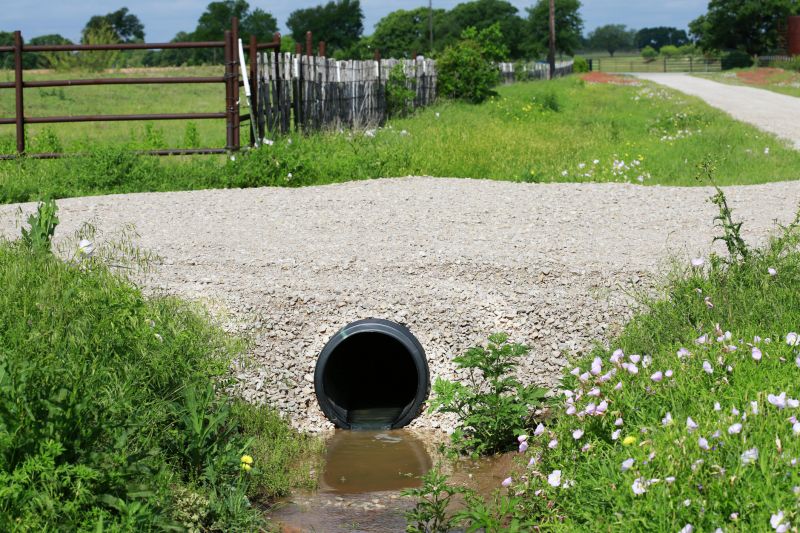
Ways to make Culvert Repairs work in tight or awkward layouts.
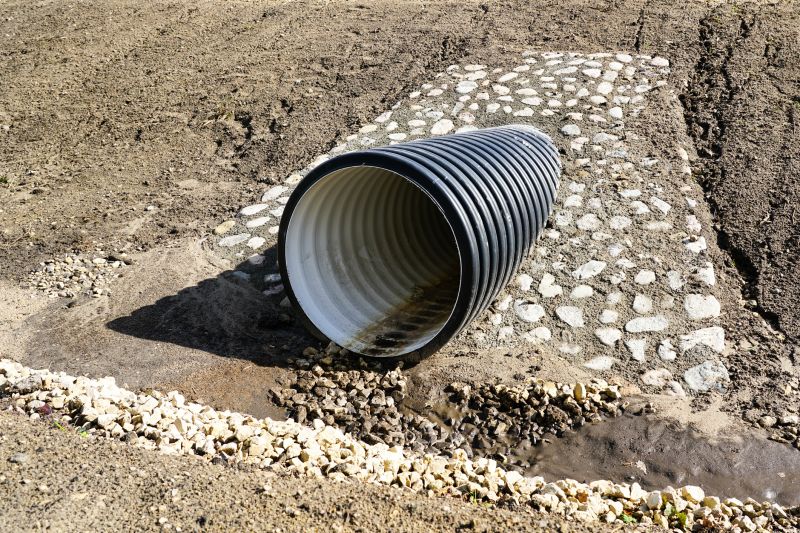
Popular materials for Culvert Repairs and why they hold up over time.
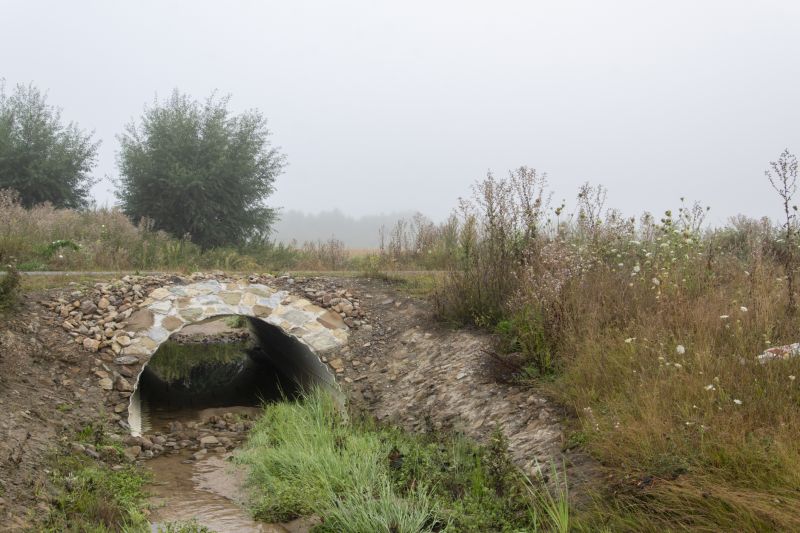
Simple add-ons that improve Culvert Repairs without blowing the budget.
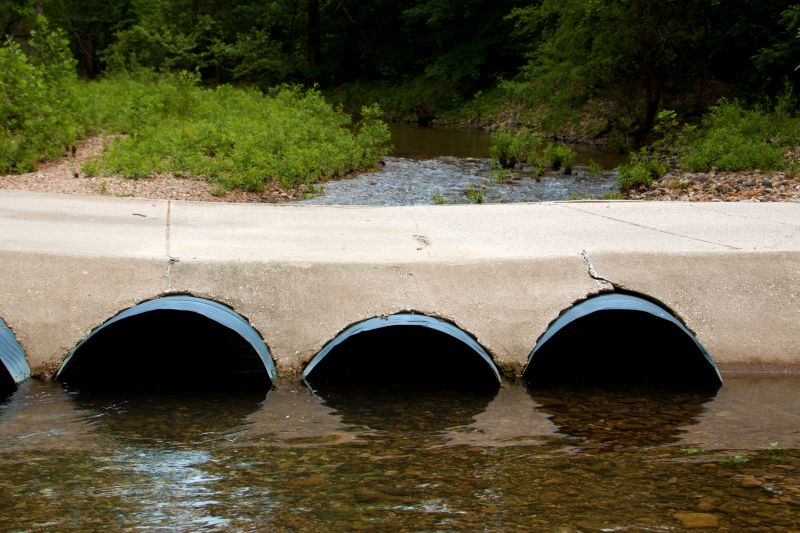
High-end options that actually feel worth it for Culvert Repairs.
| Season | Recommended Timing |
|---|---|
| Spring | Late spring is ideal for repairs as water levels decrease and weather stabilizes. |
| Summer | Early summer allows completion before heavy storms and high water flow. |
| Fall | Early fall provides favorable conditions before winter weather begins. |
| Winter | Generally avoided due to freezing temperatures and water flow issues. |
Culvert repairs are essential for maintaining proper drainage and preventing infrastructure failure. Proper timing can influence the effectiveness and longevity of repairs, making it a critical consideration for project planning. Regular inspections and timely interventions help mitigate the risk of flooding, erosion, and structural damage, which can lead to costly repairs if neglected.
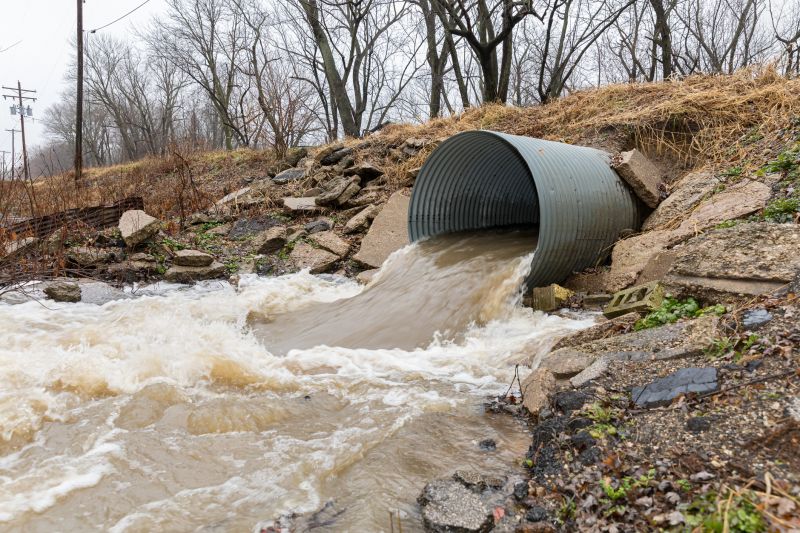
Finishes and colors that play nicely with Culvert Repairs.
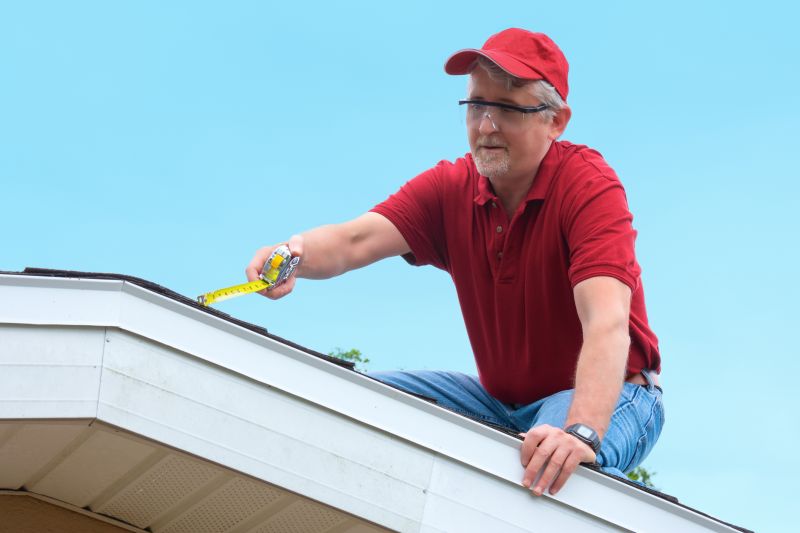
Little measurements that prevent headaches on Culvert Repairs day.
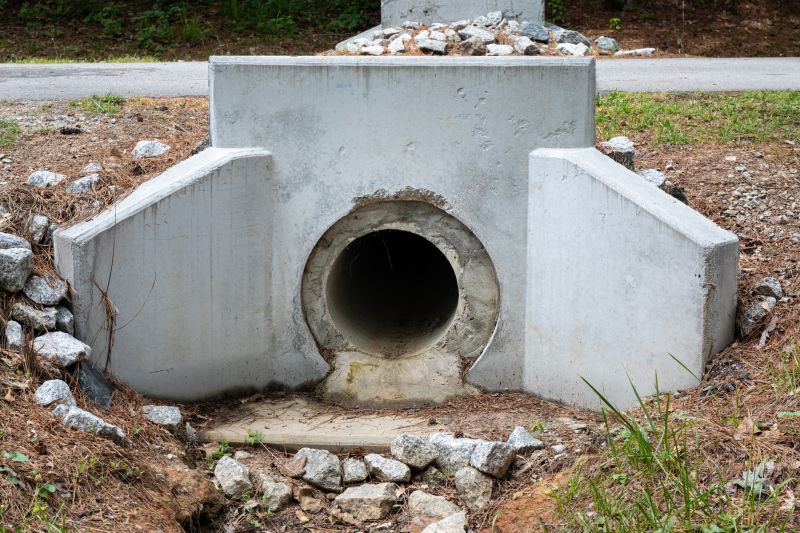
A 60-second routine that keeps Culvert Repairs looking new.
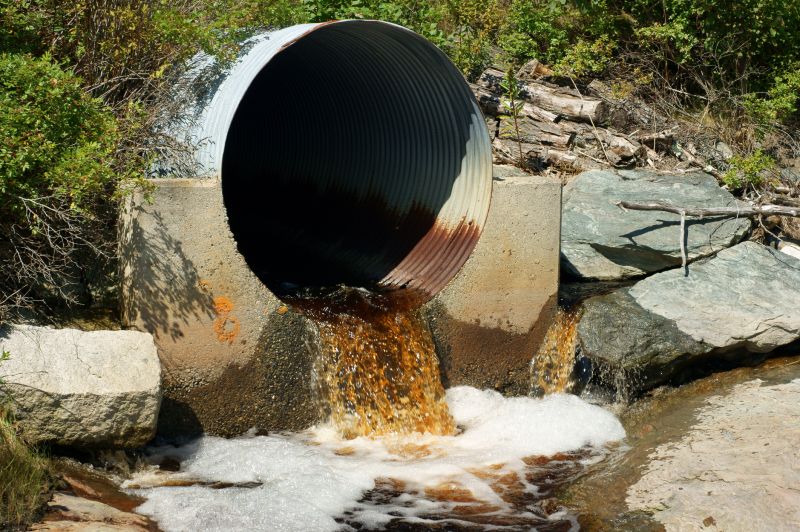
A frequent mistake in Culvert Repairs and how to dodge it.
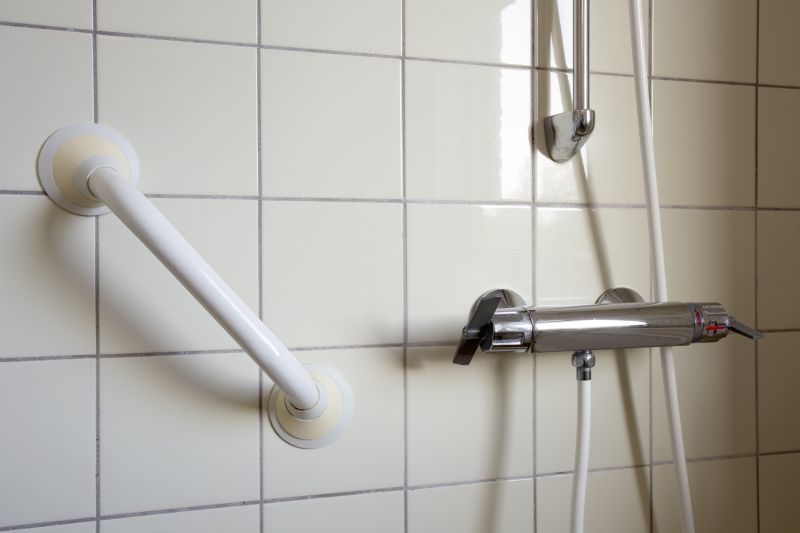
Small tweaks to make Culvert Repairs safer and easier to use.
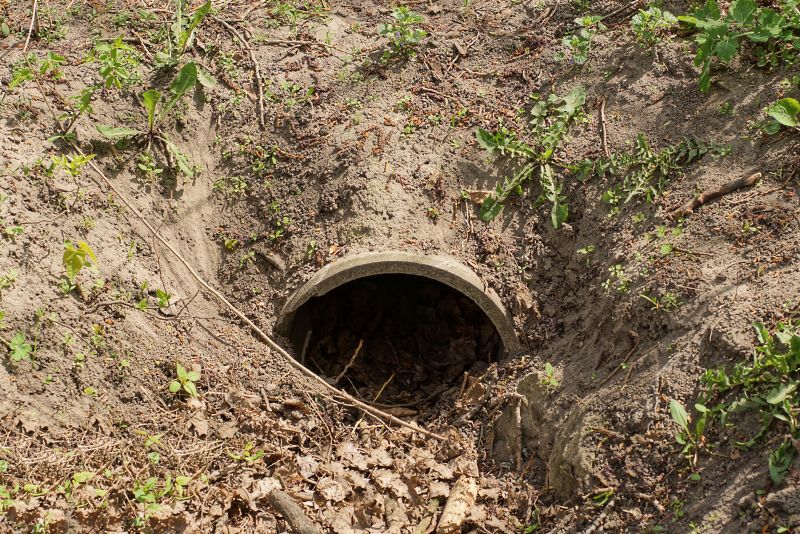
Lower-waste or water-saving choices for Culvert Repairs.
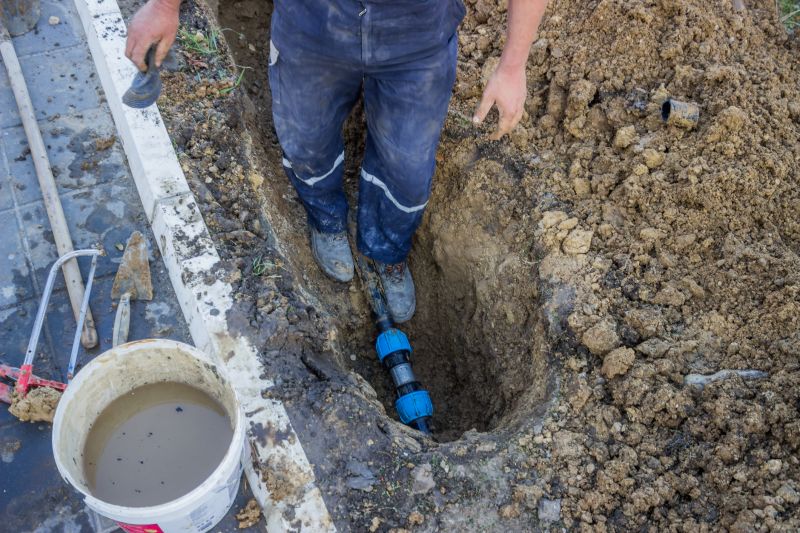
The short, realistic tool list for quality Culvert Repairs.
Interested in scheduling culvert repairs? Filling out the contact form can provide more information and help plan repairs during the most suitable season for durability and safety.



